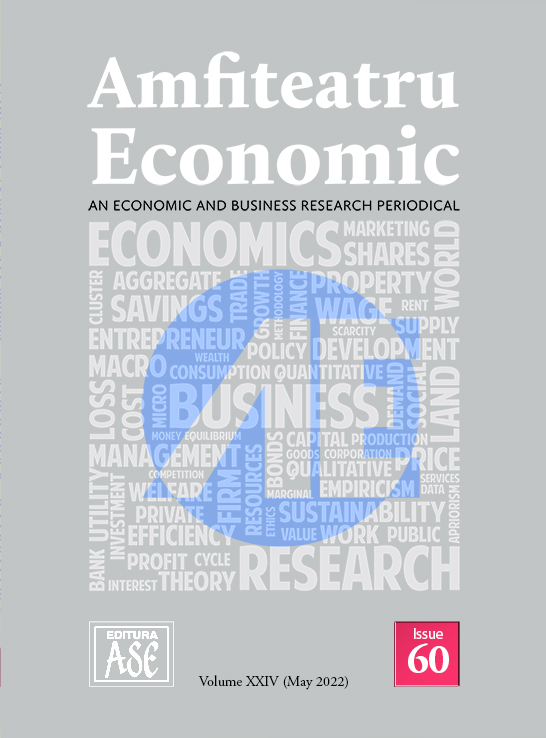The European Consumers' Preferences for Organic Food in the Context of the European Green Deal
The European Consumers' Preferences for Organic Food in the Context of the European Green Deal
Author(s): Bogdan Chiripuci, Maria-Floriana Popescu, Marius ConstantinSubject(s): Business Economy / Management, Energy and Environmental Studies, EU-Legislation
Published by: EDITURA ASE
Keywords: organic food; consumer preferences for organic food; gender; age and nationality; European Green Deal;
Summary/Abstract: As an integral part of the United Nation’s 2030 Agenda, implementing the European Green Deal is vital to ensure food security and transform food chains into a sustainable model. On the one hand, it enables the gradual abandonment of intensive agriculture and, on the other hand, it supports the responsible consumption of agri-food products and develops the consumer culture toward the appreciation of organic foods. The European Green Deal involves convergence at the member state level towards the sustainable transition of food systems to the new European model of resilience: circular, environmental, and socio-economic efficiency. The success of food chain transformation depends on many factors, including the level of development of the food system, the consumer profile, factors related to politics, and others. Based on these considerations, this research aimed to study the preferences of European consumers for organic food based on various sociodemographic variables such as age, gender, and nationality. In this regard, data on consumer preferences for organic food were extracted from the Meta platform and statistically analyzed in line with the research objective. This article provides input to the scientific literature in the field by justifying a differentiated approach to implementing the European Green Deal, depending on the consumer profile, in close connection with the variables analyzed. Their impact on shaping consumer preferences for organic food is of particular importance at the European level, which is why the implementation of the European Green Deal must be carried out in line with the specific characteristics of each Member State, with a differentiated focus on each consumer profile. The results of this empirical study confirm the need to develop strategies to raise awareness of the socioeconomic and environmental benefits of consuming organic food, especially among certain types of consumers more reluctant about their own impact on transforming the food chain to a more sustainable model by intensifying the consumption of organic food.
Journal: Amfiteatru Economic
- Issue Year: 24/2022
- Issue No: 60
- Page Range: 361-378
- Page Count: 18
- Language: English

